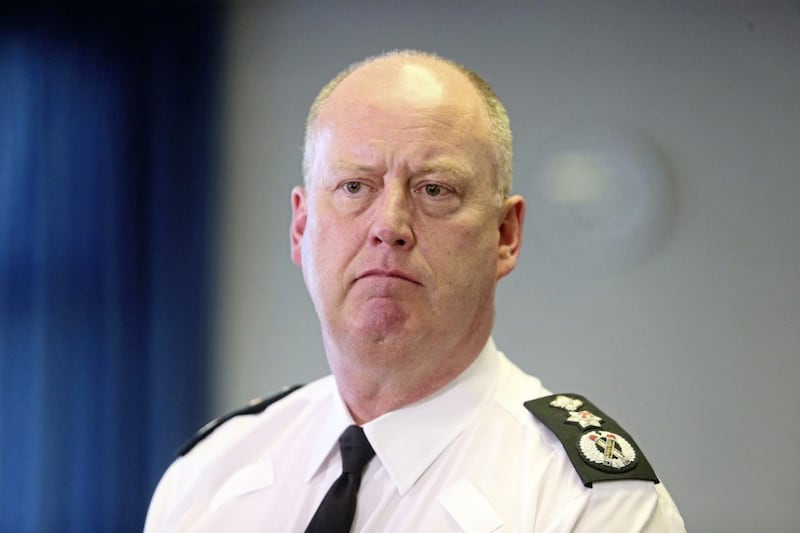Police mounted a covert surveillance operation following the arrest of two journalists in a bid to unmask one of their sources, a tribunal has heard.
The Investigatory Powers Tribunal was told that the arrest of former Irish News reporter Barry McCaffrey and Trevor Birney in 2018 was a “disruptive” tactic to see if they would reach out to the source after their release from custody.
New revelations also emerged on Wednesday, including allegations that the Met Police illegally obtained Mr McCaffrey’s phone data in 2011, the year he left The Irish News.
That data the PSNI subsequently secured seven years later as part of another probe into the reporter’s work.
The tribunal is examining allegations that journalists were subject to unlawful covert surveillance by UK authorities.

In 2018 the pair were controversially arrested as part of a police investigation into the alleged leaking of a confidential document that appeared in a documentary they made into the 1994 UVF Loughinisland massacre.
The PSNI citing a conflict of interest, asked Durham Police to lead the investigation into the inclusion of the Police Ombudsman document in the No Stone Unturned film.
The PSNI later unreservedly apologised for how the men had been treated and agreed to pay £875,000 in damages.
In 2019, Mr Birney and Mr McCaffrey lodged a complaint with the Investigatory Powers Tribunal (IPT) asking it to establish whether there had been any unlawful surveillance of them.
The tribunal had been due to sit for two days but the hearing was adjourned due to the late disclosure of police documents.
One of those documents was a directed surveillance authorisation approved by former PSNI chief constable George Hamilton.

This gave the green light for covert surveillance of an individual whom officers suspected of being the source of the leaked document from the Police Ombudsman’s office.
Prior to adjourning the case, tribunal chair Lord Justice Singh invited counsel for the journalists to outline their cases in broad terms.
Ben Jaffey KC, representing Mr McCaffrey, said the surveillance authorisation document, which he got first sight of at 7.30am on Wednesday, was key to the case.
“The nature of the operation is now pretty clear,” he said.
“It was to arrest the two journalists with the intention of releasing them the same day - the intention was not to ask any serious questions or because they needed to be interrogated under arrest. But because they wanted to create what is sometimes euphemistically called a disruption or a surprise.
“They would then be released at the end of the day and then aggressive covert attempts would be made to see if they got in contact with their source.
“The whole purpose of the operation was to unmask the journalistic source.”

Mr Jaffey set out a series of grounds challenging the legality of the surveillance authorisation.
The senior counsel said surveillance of that nature required approval of a judicial commission, not solely a chief constable.
Mr Jaffey said the authorisation application was done at the request of the senior investigating officer, Darren Ellis of Durham Police.
The tribunal also heard that as part of the 2018 investigation, police “reinterrogated” phone data it requested from the Metropolitan Police in London related to Mr McCaffrey.
It emerged that the Met Police obtained Mr McCaffrey’s data in 2011 in another investigation aimed at revealing the identity of a source.
Mr Jaffey said he and his client were only made aware of this revelation last Friday.
Earlier Mr Jaffey criticised the late disclosure of police documents as did Mr Birney’s counsel Stephen Toal KC.
Outside court, Mr Birney and Mr McCaffrey expressed shock at the details that had emerged on the first day.
Mr McCaffrey said: “It’s shocking, but there’s still much more that we need to know - we still need answers.”


